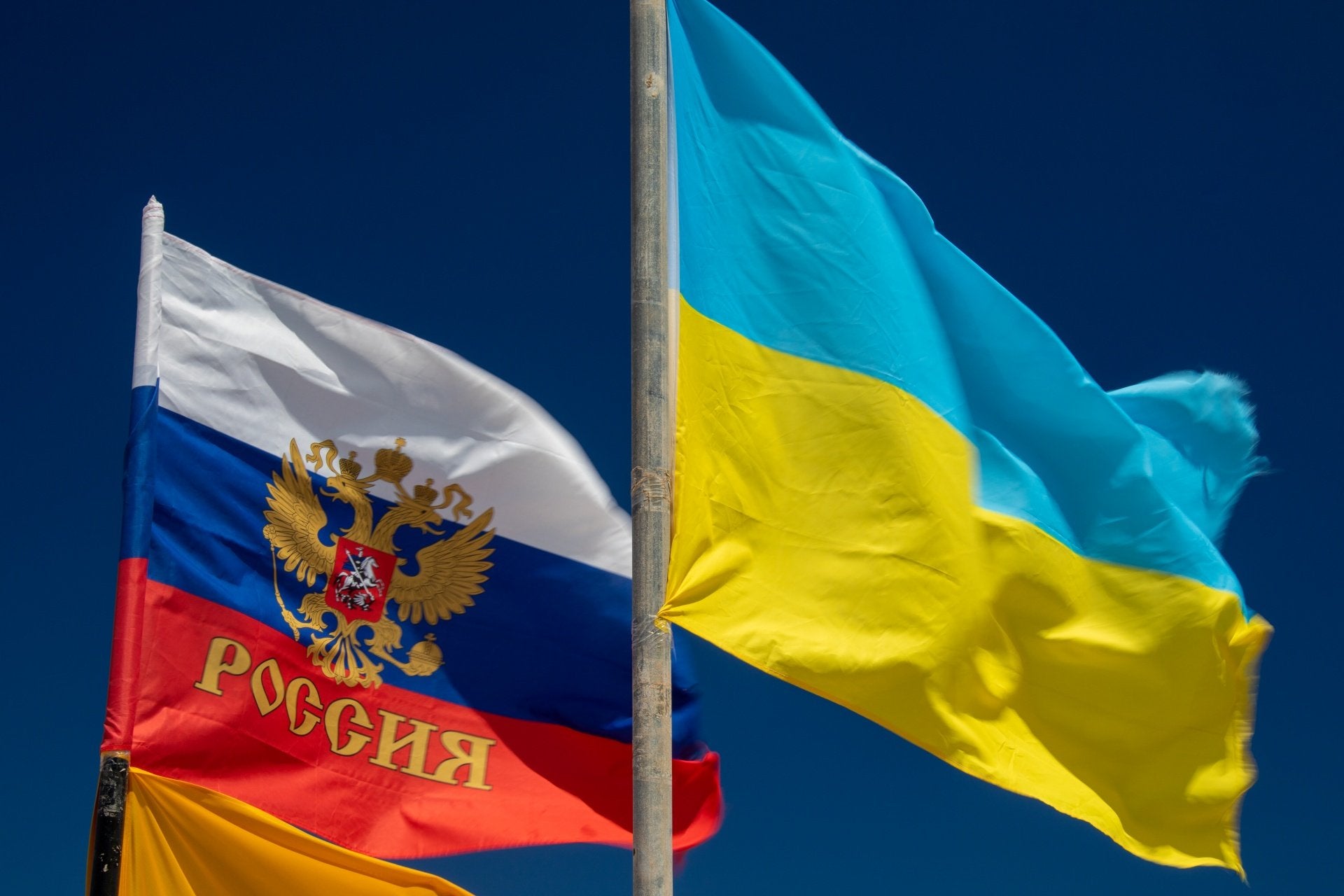Disclaimer: The opinions expressed in this column of those of the author and do not necessarily reflect those of The Augusta Press.
In my judgment, it is the civic duty of Americans to try to understand the major issues facing our nation. An informed citizenry can help strengthen our democracy in many ways—including selecting the best leaders. In addition, helping those in deep trouble is another part of our responsibility and our DNA.
First, let’s us examine how to best understand the Ukrainian crisis. I recommend two books. “The Red Famine” by Anne Applebaum and “Enemy at the Gates” by Kyle Mills and Vince Flynn. Both are extremely well written, are based on solid research and will take you to places that will enlighten and amaze you.
To understand the poor relationship between Ukrainian citizens and the Russian people you must reach back 90 years. In the period of 1931 to 1934, Joseph Stalin was personally responsible for the death, through starvation, of more than five million Ukrainians. The man who invented the word genocide felt that this was a typical example of genocide. In her fascinating book, Anne Applebaum explains that there were a variety of circumstances which led this appalling loss of life.
[adrotate banner=”51″]
As far as the military contest between Russia and Ukraine, it is important to understand that there are two battles going on simultaneously. One is a resistance movement led largely by civilians and militias. The other is a series of set piece battles between the Russian forces and the regular Ukrainian Army.
The French resistance from 1940 to 1945 is worthy of study. What is happening throughout much of Ukraine is quite like what happened in France. In fact, lessons can be learned from the skill and bravery of the French resistance teams and those who assisted them. In my judgment, the best place to go to study the French Resistance is Wikipedia.
I must stop right here and remind you of the heroism of Jack Berlin in France in 1944 and 1945. Jack, who died in 2004, was an Episcopal priest here in Augusta for many years. Jack parachuted into France in June 1944 as part of a Jedburgh team. He worked closely with the French underground to blow up bridges and trains to slow the deployment of German tanks to the Normandy area. Later he fought behind enemy lines in China and was captured by the Japanese. The Berlin room at Saint Paul’s church is named in his honor. This room is part of the upper room complex at Saint Pauls’.
In Ukraine today are many warriors from other nations who are in the role that Jack played in 1944 and 1945. Many bring with them military expertise and weapons as they flow across the border into Western Ukraine.
The book, “Enemy at the Gates,” tells the story of the battle of Stalingrad in World War II. The Soviet Union prevailed against a huge German Army. Like Russia today, the Luftwaffe owned the skies and flew more than 1000 sorties a day. Much of the fighting took place in urban areas—street to street, room to room.
[adrotate banner=”15″]
On the Soviet side, more than 75,000 women fought. They manned anti-aircraft guns and fought as snipers, machine gunners and radio operators. I fully expect in Ukraine there will be large numbers of women engaged in combat. The patriotism and love of country are strong across all generations of Ukrainians. Men, women, young and old are joining the fight.
The months ahead will test the will of the Ukrainian people and the unity of the West. Each of you can help by sending contributions to such worthy organizations such as Amnesty International -(donate.amnestyusa.org).
One final suggestion. Please wear blue and yellow colors when you are out and about. By displaying the colors of the flag of Ukraine, you will be showing support for forty-five million resolute citizens of an embattled nation so far away.
Major General Perry Smith USAF (ret.) is the author of a best-selling book on leadership (“Rules and Tools for Leaders”) as well as his new memoir, “Listen Up: Stories of Pearl Harbor, Vietnam, the Pentagon, CNN and Beyond.”










